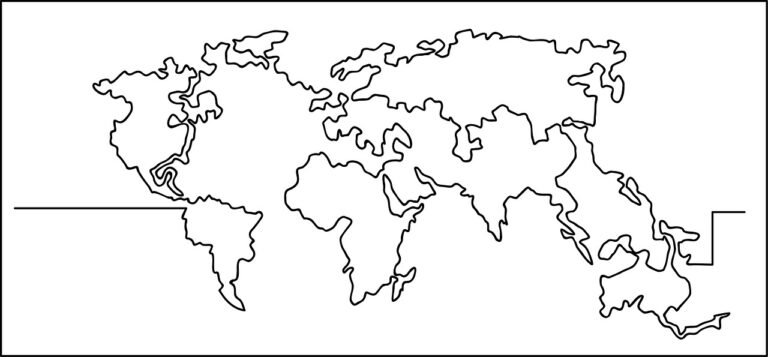Analyzing the Role of Culturally Responsive Curriculum in Teacher Preparation Programs: All pannel.com, Lotus book 365, Laserbook247
all pannel.com, lotus book 365, laserbook247: Analyzing the Role of Culturally Responsive Curriculum in Teacher Preparation Programs
In recent years, there has been a growing recognition of the importance of culturally responsive curriculum in teacher preparation programs. Educators are increasingly realizing that students from diverse backgrounds have unique needs and learning styles that must be taken into account in order to provide an equitable and inclusive education.
Culturally responsive curriculum is an approach to education that acknowledges and incorporates the cultural backgrounds, beliefs, and values of all students in the learning process. It aims to promote social justice and equity by fostering a sense of belonging and validation for all students.
So, what is the role of culturally responsive curriculum in teacher preparation programs? Let’s delve into some key points:
1. Understanding Cultural Diversity
Teachers who are trained in culturally responsive curriculum are better equipped to understand and appreciate the diverse backgrounds of their students. This understanding allows them to create a more inclusive and welcoming learning environment where all students feel valued and respected.
2. Promoting Equity and Social Justice
Culturally responsive curriculum helps teachers address issues of inequity and social justice in the classroom. By incorporating diverse perspectives and experiences into their teaching practices, educators can help students develop a deeper understanding of the world around them and promote empathy and understanding among classmates.
3. Engaging Students in Learning
When teachers incorporate culturally responsive curriculum into their lesson plans, they are able to engage students more effectively by making connections between the material being taught and the students’ own lived experiences. This approach can help students feel more motivated and interested in their learning, leading to improved academic outcomes.
4. Developing Cultural Competence
Teacher preparation programs that emphasize culturally responsive curriculum help educators develop cultural competence the ability to interact effectively with people from different cultural backgrounds. This skill is essential for fostering positive relationships with students, families, and communities and creating a more inclusive educational environment.
5. Breaking Down Stereotypes and Biases
By incorporating diverse perspectives and experiences into their teaching practices, educators can help break down stereotypes and biases that may exist within the classroom. This can create a more open and accepting learning environment where all students feel valued and respected for who they are.
6. Enhancing Teacher-Student Relationships
Culturally responsive curriculum can help teachers build stronger relationships with their students by demonstrating an understanding and appreciation of their cultural backgrounds. This can lead to increased trust and communication between teachers and students, creating a more supportive and nurturing learning environment.
In conclusion, culturally responsive curriculum plays a crucial role in teacher preparation programs by promoting equity, social justice, and inclusivity in education. By incorporating diverse perspectives and experiences into their teaching practices, educators can create a more engaging and supportive learning environment for all students.
FAQs:
Q: How can teachers incorporate culturally responsive curriculum into their lesson plans?
A: Teachers can incorporate culturally responsive curriculum by incorporating diverse perspectives, experiences, and voices into their lesson plans, using culturally relevant materials and resources, and fostering a sense of belonging and validation for all students.
Q: Why is cultural competence important for educators?
A: Cultural competence is important for educators because it allows them to interact effectively with people from diverse backgrounds, build positive relationships with students and families, and create a more inclusive and welcoming learning environment.
Q: How can teacher preparation programs promote culturally responsive curriculum?
A: Teacher preparation programs can promote culturally responsive curriculum by providing professional development and training in cultural competence, incorporating diverse perspectives and experiences into their curriculum, and fostering a commitment to equity and social justice in education.







